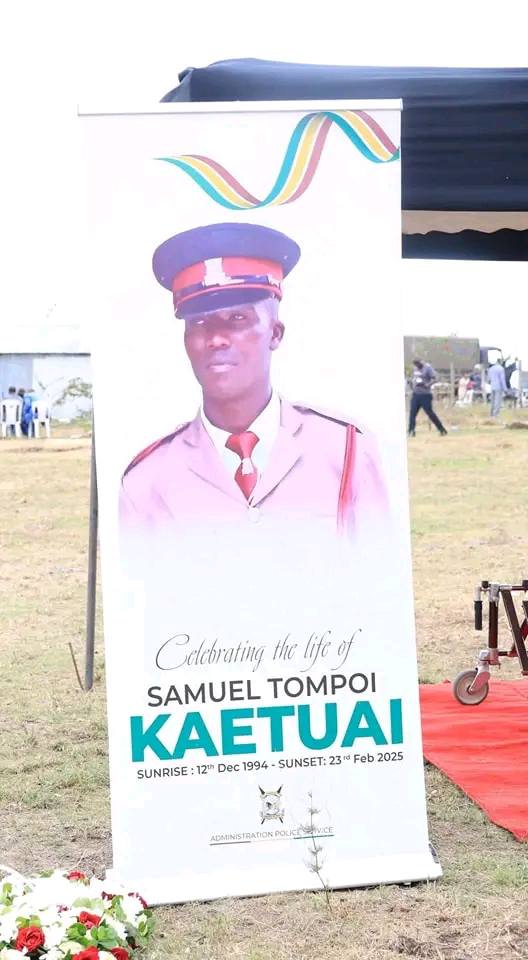The escalating violence in Haiti has claimed another Kenyan police officer, Benedict Kabiru, raising serious concerns about the safety and transparency of the Multinational Security Support (MSS) mission.
Kabiru’s death, the second Kenyan casualty since the mission’s deployment, has ignited a firestorm of controversy, marked by conflicting reports and allegations of cover-ups.
Here are five key reasons why Haiti is increasingly perceived as a dangerous and opaque operation for Kenyan police officers:
1. Conflicting Reports and Lack of Transparency:
The initial reports surrounding Kabiru’s death were shrouded in confusion.
While Haitian authorities confirmed his death on March 24, 2025, during an anti-gang operation in Savien, his mother was informed by Kenyan police officials that he was merely “missing.”
This stark contradiction has fueled distrust and raised questions about the accuracy of official information.
The Kenyan government’s initial silence and subsequent conflicting statements have only exacerbated the situation.
2. Delayed and Contradictory Confirmation:
The Presidential Transitional Council (PTC) of Haiti confirmed Kabiru’s death, describing him as a “valiant police officer” who made the “ultimate sacrifice.”

However, this confirmation came after significant delays and only after local media in Haiti had already reported his demise.
This delay has led to accusations of a potential cover-up or a deliberate attempt to downplay the severity of the situation.
3. Hazardous Operational Conditions:
The circumstances surrounding Kabiru’s death highlight the extreme danger faced by Kenyan officers in Haiti.
The ambushed vehicles, which got stuck in a ditch suspected to have been deliberately dug by gangs, underscore the unpredictable and hostile environment.
The subsequent attack, during which three armoured vehicles were set ablaze, demonstrates the gangs’ sophisticated tactics and the vulnerability of the MSS forces.
4. Failure of Equipment and Tactical Missteps:
The incident revealed critical equipment failures and potential tactical missteps.
The armored vehicles, designed for protection, became liabilities when they got stuck, rendering the officers vulnerable to attack.
This raises serious questions about the adequacy of the equipment and the effectiveness of the operational strategies employed by the MSS.
5. Mounting Casualties and Public Outrage:

Kabiru’s death marks the second Kenyan police officer killed in Haiti since the mission’s deployment in June 2024.
The death of Samuel Tompoi Kaetuai last month in a similar operation has already sparked public outrage in Kenya.
The increasing casualties have led to growing calls for the withdrawal of Kenyan forces and demands for greater accountability from the government.
Kabiru’s mother’s emotional plea for her son’s return, and her condemnation of online reports of his death before official confirmation, demonstrates the immense emotional toll this mission is taking on Kenyan families.
The situation is further complicated by the Haitian government’s acknowledgement of the death, while the Kenyan government has, at times, provided conflicting information, leading to public mistrust.
The rising death toll and the conflicting narratives surrounding these incidents are fueling a growing perception that the mission is poorly managed and dangerously ill-equipped to handle the volatile situation in Haiti.
The Kenyan public is demanding answers, and the government is under increasing pressure to provide clarity and ensure the safety of its officers.

